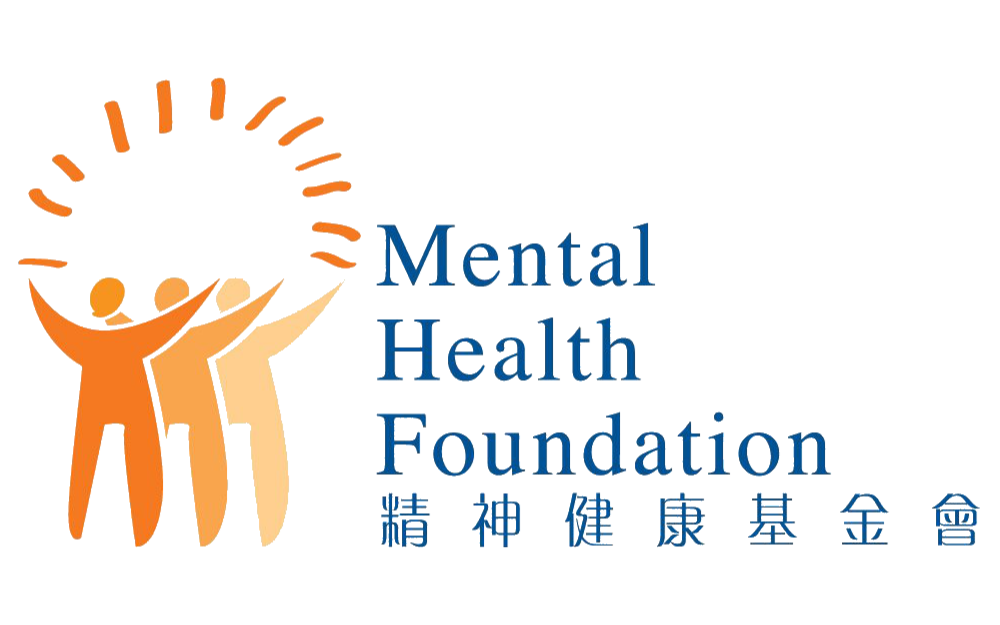Students with Attention Deficit and Hyperactivity Disorder (ADHD) experience deficits in their executive function such as planning, organization and decision-making. This usually translates to them having difficulties in catching up school work and following directions, and may cause them to procrastinate in their daily routine, which in turn would affect the pursuit of their goals.
In 2015, Castle Peak Hospital initiated the Program “Enhancing Executive Functions in Adolescents with Attention Deficit and Hyperactivity Disorder (ADHD)” and Mental Health Foundation is pleased to be its co-organizer. The two-year program started in 2016 and aims to improve executive functioning skills of adolescents with ADHD. It employs an innovative computer-assisted cognitive training programme that helps adolescents with ADHD to improve their academic performance, social functioning and time management.
Programme duration:
2016-2018
Target beneficiaries:
- Adolescents with ADHD who are actively receiving Child & Adolescent Mental Health Service at Castle Peak Hospital;
- Studying primary 4 to secondary 3 in mainstream schools; and
- Assessed by psychiatrists for having executive functioning-related issues.
Major components of cognitive training:
- Sustained attention – To enhance adolescents’ sustained attention and their ability to apply different strategies of attention in different academic situations such as during class, examination period and when dealing with homework
- Working memory – To strengthen their working memory with a view to meeting demands in their academics and daily tasks
- Response speed – To improve adolescents’ reaction time and their efficiency in performing daily tasks
- Flexibility – To enhance their flexibility in their approach in examinations, routine changes and peer interaction
- Problem-solving – To enhance their problem-solving skills that help them to set long-term plans to achieve goals, develop strategies to deal with peer conflicts and requests from teachers as appropriate
